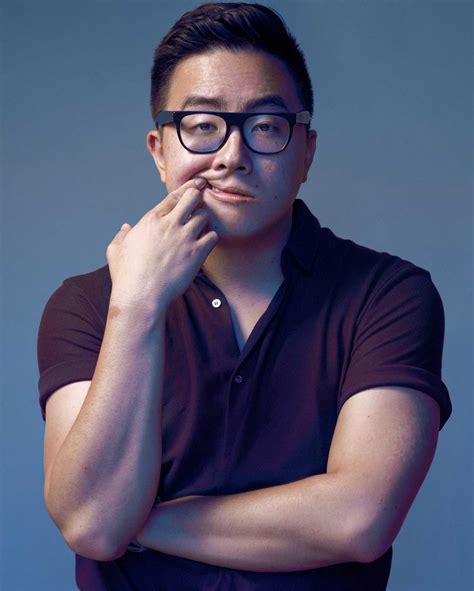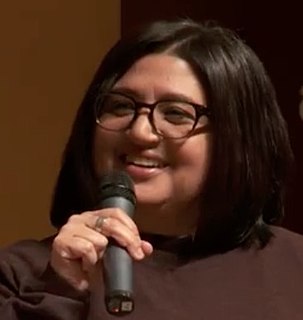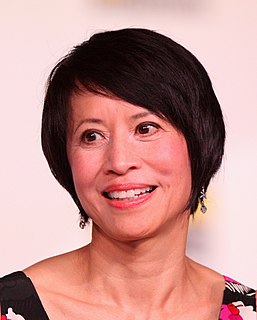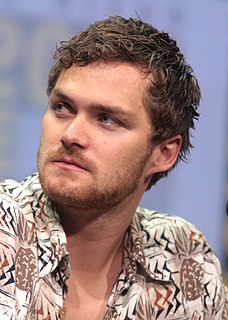A Quote by Jimmy O. Yang
When you're 1 out of 5 Asian people on TV, all the pressure is on you and you have to represent.
Related Quotes
I wish people wouldn't just see me as the Asian girl who beats everyone up, or the Asian girl with no emotion. People see Julia Roberts or Sandra Bullock in a romantic comedy, but not me. You add raceto it, and it became, 'Well, she's too Asian', or, ‘She's too American’. I kind of got pushed out of both categories. It's a very strange place to be. You're not Asian enough and then you're not American enough, so it gets really frustrating.
I think that's what we need more of: Asian-Americans on movie screens and TV screens where they're normalized. Where it's not about them being Asian or a person of color. It's just about them being a human. I think that's why sometimes when I see movies with an Asian family, but it's very stereotyped, I don't find that relatable.



































